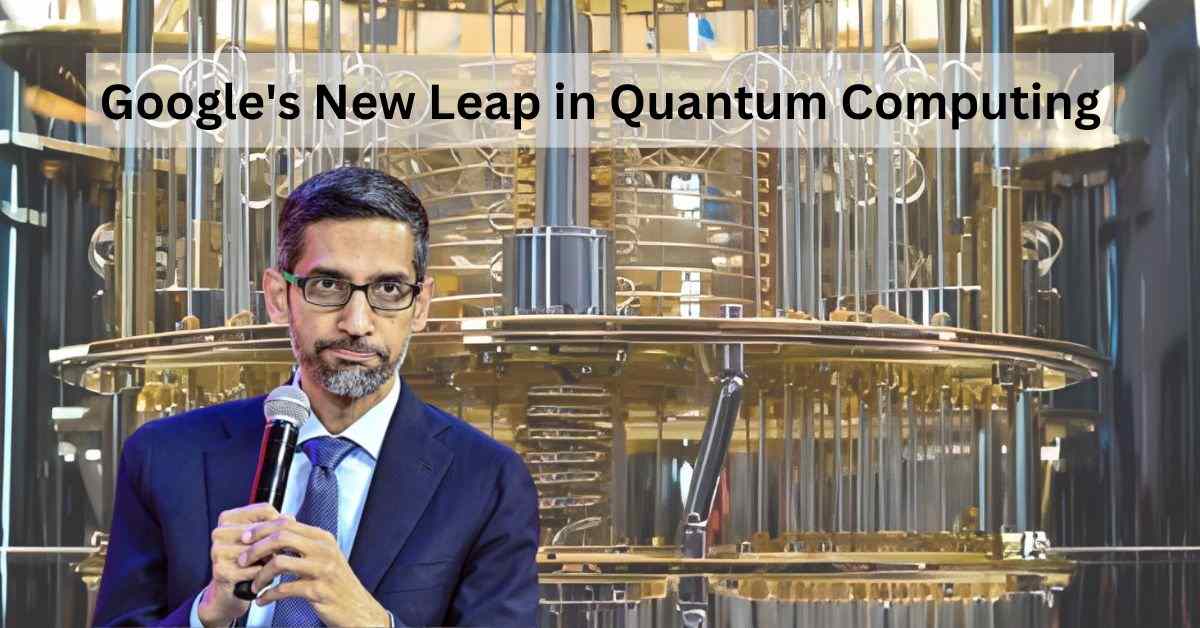Google has been at the forefront of quantum computing research for many years. In 2019, the company announced that its Sycamore processor had achieved quantum supremacy.
This is what Google said on its Blog “Today we publish the results of this quantum supremacy experiment in the Nature article, “Quantum supremacy using a programmable superconducting processor.”
“We developed a new 54-qubit processor, called “Sycamore”, which consists of fast and high-fidelity quantum logic gates, to be able to perform benchmark tests. “Our machine performed the target calculation in 200 seconds, and from our experiment measurements we determined that it would take the world’s fastest supercomputer 10,000 years to produce a similar result.” he added.

Source: Google
In a recent update, researchers working on this quantum computing project revealed that Google’s new quantum computer can perform calculations instantly, while the world’s most powerful supercomputers would take a whopping 47 years to complete the same tasks.
The new quantum computer has 70 qubits, 17 more than the 53 qubits of the previous model. This increase in qubits makes the new machine 241 million times faster and more powerful than the 2019 version.
Quantum computing is a type of computing that uses quantum mechanics to perform calculations. Quantum mechanics is a branch of physics that deals with the behavior of matter at the atomic and subatomic level.
Quantum computers use qubits instead of bits to store and process information. Qubits can exist in a superposition of states, meaning they can be 0 and 1 at the same time. This allows quantum computers to perform calculations exponentially faster than classical computers.
Google’s new quantum leap is a significant advance in the field of quantum computing. It shows that Google is still at the forefront of this research and suggests that practical quantum computing is closer than ever.
The new announcement was made through the Cornell University website and states “Using cross-entropy benchmarks, we observe phase boundaries that may define the computational complexity of noisy quantum evolution.”
“We conclude by presenting an RCS experiment with 70 qubits in 24 cycles. “We estimate the computational cost by comparing it with improved classical methods and show that our experiment is beyond the capabilities of existing classical supercomputers,” he added.
In conclusion, Google’s new quantum leap is a significant achievement that brings the human race closer to the day when quantum computers are a reality. This technology has the potential to revolutionize many different industries and it will be exciting to see how it develops in the coming years.
Categories: Optical Illusion
Source: ptivs2.edu.vn
